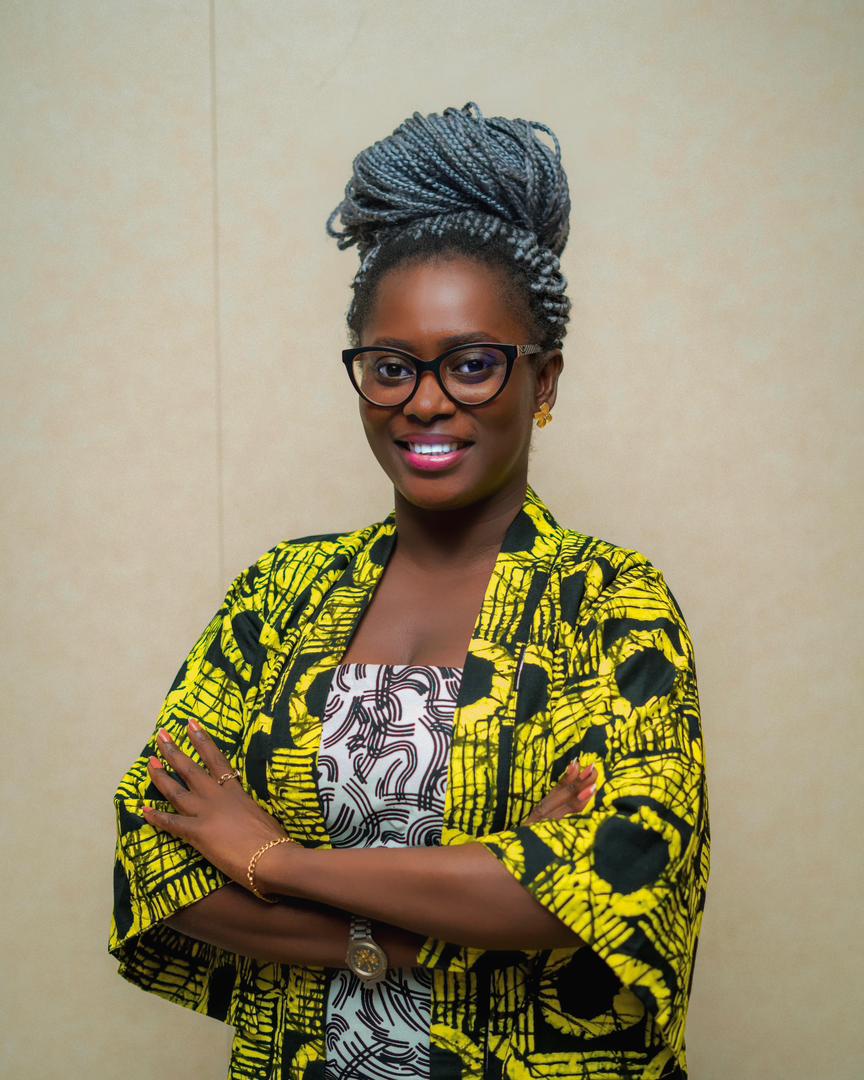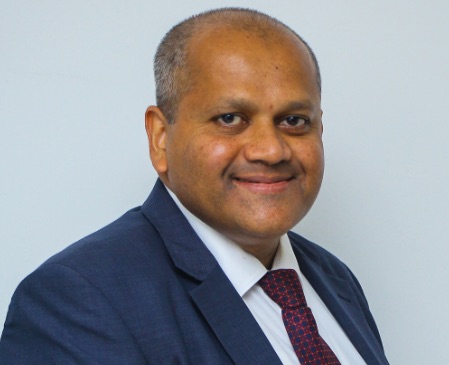At second quarterly webinar of the Nigeria Digital Public Relations Summit, held on June 18, 2025, Otega Ogra, senior special assistant to the President on digital strategy, engagement & new media, spoke on what it means to wield influence in today’s increasingly skeptical media landscape.
Ogra, in his presentation with the title: “Influence, Not Illusion: Understanding Influencer Marketing & Management in a Distrust Era”, called for a shift from vanity metrics to meaningful engagement, urging public relations professionals to rebuild trust through strategy, structure, and ethics.
Also Read:Experts, stakeholders gear up for Africa road builders conference
In his words: “We live in a time when everyone with a phone believes they are an authority, and every audience is tired of being sold to. Influence today has become more than reach. It has become a responsibility.”
Ogra began by dismantling common misconceptions. In Nigeria, he argued, that the term “influencer” has become “the most abused title after ‘consultant.’” Yet beneath the noise lies real power—the power to move culture, shape behavior, and restore public trust.
“We’re in a trust economy and trust is in short supply.”
At the heart of his presentation was a clear distinction: *true influencers are not just content creators*. While creators focus on “aesthetics and virality,” influencers thrive on “trust and persuasion.” Their currency is not likes, but credibility. Their impact isn’t trend-based, but relationship-based.
Also Read:Stakeholders to examine ESG at FITC Conference
Ogra explained: “PR professionals in Nigeria fund creators and expect influence. It doesn’t work.”
To correct this, Ogra introduced a more holistic view of influencer management, defining it as “the strategic oversight, vetting, briefing, collaboration, and measurement of influencers used in communication and marketing.”
He noted that it’s not simply about partnering with big names; it’s about embedding those actions within long-term narratives, ensuring accountability, and protecting brand integrity.
The media professional lamented that many Nigerian campaigns still suffer from what he called “influencer madness”: “No briefs. No contracts. No deliverables. No narrative arc.”
Also Read:Digital PR Summit calls for influence built on values, not virality
Instead, he urged practitioners to approach influencer campaigns through four key pillar, which he called the 4 Rs.
Relevance– Cultural and audience fit
Reach – Platform and niche power
Resonance -Authentic, memorable content
Return- Awareness, action, or advocacy
“If one R is missing, results collapse.”
To bring this strategy to life, Ogra cited the successful SwitchToCNG campaign managed by the Statehouse Digital Office. The campaign involved no cash incentives but rather a value exchange built on infrastructure equity, achieving “high engagement, zero leakage.”
“Lesson: Incentivise with meaning, not money.”
Also Read:Digital professionals celebrate Digital Learning Day
He also highlighted three common failures in influencer marketing as:
“Misalignment – The wrong face for the wrong cause.
Vanity metrics – Measuring only reach, not resonance.
Short-termism – Using influencers as “band-aids, not bridges.”
Offering a framework for reform, Ogra introduced the acronym VOTA a call to action for public relations teams:
Also Read:AI will drive the future of Digital PR – experts
Vet for values (not just metrics)
Own the narratives (build influencer toolkits)
Train and brief (context + compliance)
Audit impact (conversation and clarity matter)
Concluding his representation he said: Influence without values = Propaganda, Influence without structure = Chaos and Influence without vision = Liability.”
The cerebral professional concluded with advice for the professionals saying: “Stop chasing virality. Build velocity. Don’t just trend. Be trusted. Influence that isn’t managed becomes manipulation.”
WATCH MARKETING EDGE ONTV







Comment
No comments found.